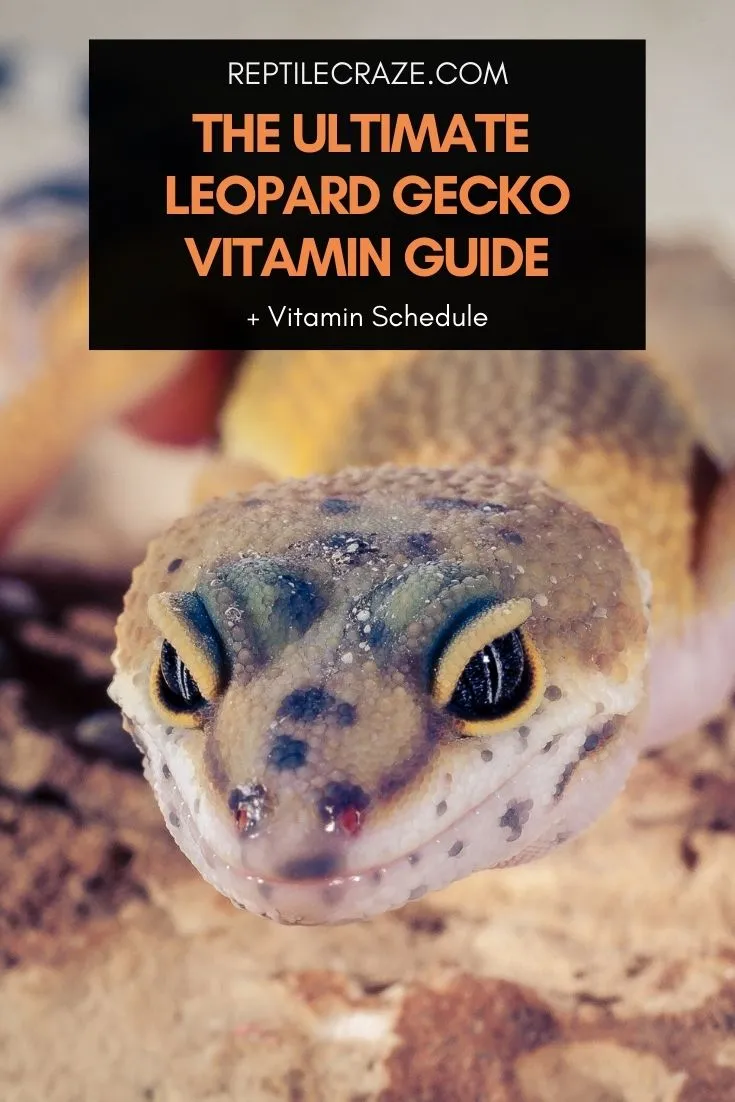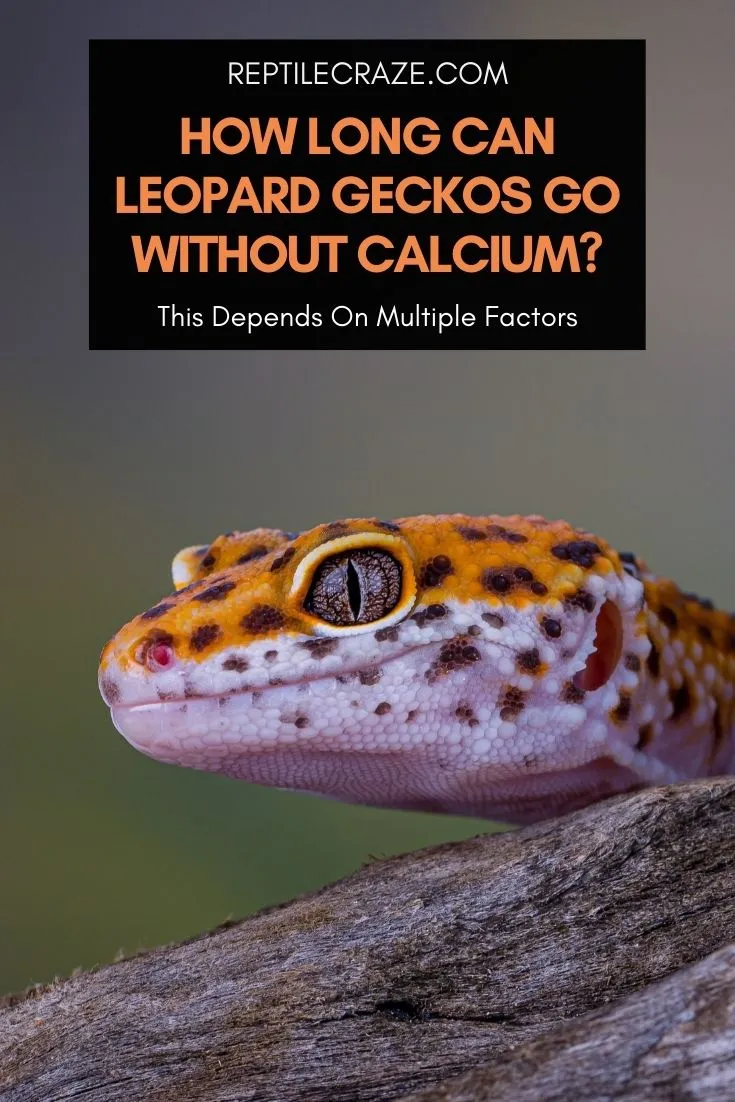If, like me, you’re wondering whether you can give your leopard gecko too much vitamin D3 – and if that is a bad thing – keep reading as this is very important to know for your gecko. Yes, you can give a leopard gecko too much vitamin D3. A Vitamin D overdose in leopard geckos …
Pierre And The ReptileCraze Team
Reptivite is one of the popular calcium supplements for leopard geckos. However, a lot of people are thinking that this may not be good for leos as it was originally formulated for turtles who have softshell problems. Is Reptivite good for leopard geckos? Reptivite is good for leopard geckos. It has a 2:1 calcium to …
We know how important calcium is to our leopard geckos. It does not only aid their metabolic processes but also takes care of their bone density. But which calcium supplement should you use? Is Repashy Calcium Plus good for leopard geckos? Repashy Calcium Plus is a good all-in-one calcium powder. It is highly recommended by …
In the wild, leopard geckos get their vitamins and minerals from water, and lick them directly off plants, roots, and rocks. Pet leopard geckos can’t do this – so which vitamins do your geckos need, and how often? Captive leopard geckos need 6 different vitamins. You should provide general multivitamin supplements, and pure calcium enriched …
Calcium is one of the most important nutrients required by leopard geckos. The mineral is essential for bone building and is an integral part of the skeletal system of the body. While it’s a less popular option compared to calcium powder or tablets, liquid calcium can be a good source of calcium for leopard geckos …
You’ve already made your leo’s habitat comfortable and as natural as possible – and all the tasty bugs you can offer! But even the best insect diet is low in calcium. So, is it ok to leave calcium powder in your gecko’s tank? The answer is yes, you can leave calcium powder in a leopard …
Leopard Geckos living in the wild always pick out food beneficial for their health. In captivity, the owners need to provide food rich in nutrients and keep their pets healthy and prosperous. Let’s see whether your Gecko suffers from calcium deficiency and ways to solve that issue once it occurs. When Leopard Gecko shows signs …
Science tells us that calcium is one of the most indispensable minerals for leopard geckos. In the wild, leos feed on a variety of food sources that provide calcium. They also have access to sunlight that helps them synthesize vitamin D3 for proper calcium absorption. Leopard geckos that live in captivity require calcium supplementation since …
When it comes to leopard gecko substrates, there’s a ton of (sometimes contradictory) information out there! Some reptile owners suggest that sand, including calcium sand, is a great substrate option for leopard geckos because it mimics their natural desert environment and provides a source of easy-to-digest calcium. But is this true? Calcium sand isn’t a …
Calcium is one of the most essential nutrients for geckos. Unfortunately, most feeder insects don’t contain calcium. Therefore, leopard geckos may develop calcium deficiency unless the insects are gut-loaded or dusted before feeding. Leopard geckos can go for approximately two weeks without calcium, since it is usually released from bones into the blood system. This …










